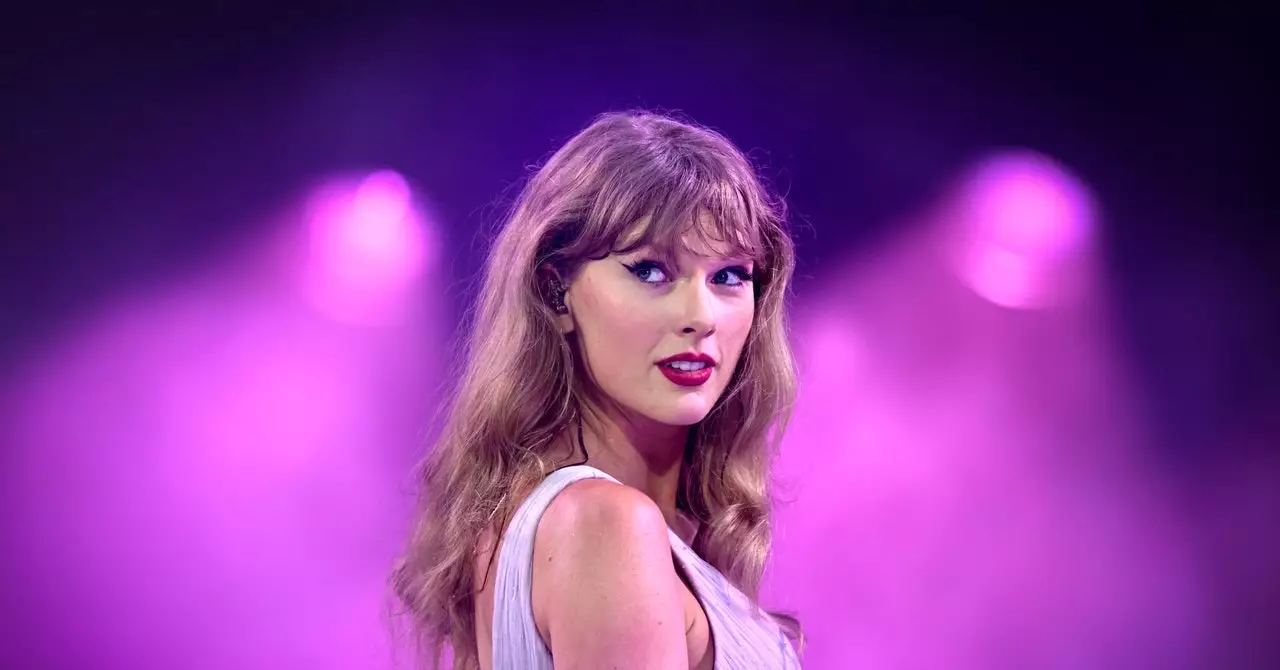Former president Donald Trump recently shared AI-generated images on Truth Social, falsely claiming that Taylor Swift fans are supporting his campaign. The images purported to show a number of young women wearing “Swifties for Trump” T-shirts. Trump captioned his post with “I accept!”, implying that Swifties are now supporting him due to a canceled Taylor Swift concert. However, an investigation found that many of the images shared by Trump showed evidence of manipulation.
Using a detection tool created by nonprofit True Media to identify election-related deepfakes, WIRED discovered that the images shared by Trump were not authentic. One of the screenshots was traced back to an anonymous pro-Trump account with over 300,000 followers known for regularly posting AI-generated images. This account later claimed the Swifties for Trump post was meant as satire.
Despite the false narrative portrayed in Trump’s post, there is no active Swifties for Trump campaign. In contrast, there is an active Swifties for Harris group showing support for Vice President Kamala Harris. Irene Kim, cofounder of Swifties4Harris, emphasized that they do not need AI to express their support for Harris. While there may be some individual Swifties who support Trump, it is not a widespread movement as suggested by the AI-generated images.
This is not the first time Trump has shared AI-generated images to push a false narrative. Just last week, he falsely claimed that the Harris campaign was using AI to inflate crowd sizes at her rallies. Additionally, he posted an AI-generated image of Harris with a Soviet Union flag at the Democratic National Convention. Disinformation experts have warned about the dangers of using generative AI tools to manipulate public opinion, especially during election periods.
The rise of generative AI tools poses a significant threat to the integrity of elections worldwide. WIRED has documented numerous examples of AI-generated content being used to spread misinformation during election campaigns. The ability to create realistic but false images and videos can sway public opinion and undermine the democratic process. It is crucial for both politicians and the public to be vigilant and critical of the content shared on social media platforms.
It is important to note that Taylor Swift herself has not publicly endorsed any candidate for president. While she supported President Joe Biden in the 2020 election, she has remained relatively neutral in her political endorsements. The use of her image and fan base to push a political agenda without her consent highlights the dangers of misinformation and manipulation in the digital age.
The incident involving Trump’s misleading post about Swifties for Trump serves as a reminder of the potential harm caused by AI-generated disinformation in politics. As technology continues to advance, so must our ability to discern truth from falsehoods in the online realm. It is essential for individuals to critically evaluate the content they consume and for platforms to implement safeguards against the spread of misinformation.


Leave a Reply